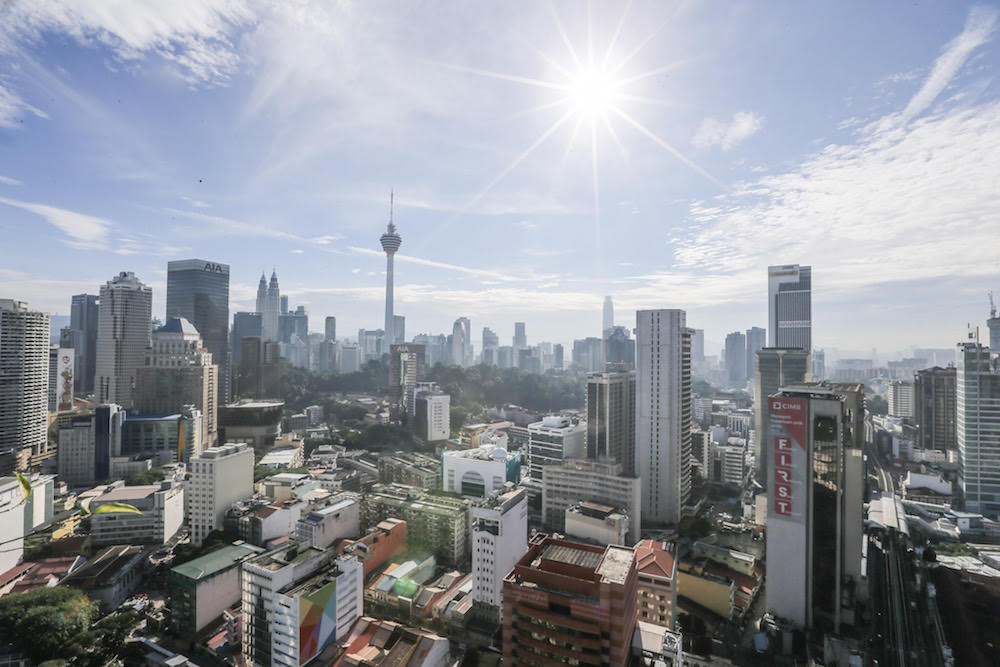KUALA LUMPUR, Jan 16 — Malaysia’s capital markets saw an influx of RM20 billion in bonds last year after losing RM11 billion in 2018, as faith in the new Pakatan Harapan (PH) government’s reform agenda grew, according to economic experts.
They said this reflected well on PH’s reforms and was building confidence in the Malaysian economy that is still grappling with the issue of Prime Minister Tun Dr Mahathir Mohamad’s promised power transition to Datuk Seri Anwar Ibrahim.
According to Lee Heng Guie, executive director of Socio Economic Research Centre (SERC), the return of foreign funds into government bonds — which make up most of the trade in ringgit-denominated securities — especially in the second half of last year, showed that the government’s fiscal reforms and discipline were paying dividends.
“On the other hand, the Kuala Lumpur bourse has been hit as people are still trying to navigate negative surprises in terms of new policy or regulations,” he said, pointing to examples such as massive price reductions in telecommunications and a revamp of the power production sector hurting several blue-chip counters.
The RM19.9 billion surge in foreign holdings of Malaysian bonds last year nearly made up for the entire 2018 outflow of RM21.9 billion. It is the biggest increase since 2012.
Meanwhile, the foreign sell-off of Malaysian shares narrowed slightly to RM11 billion last year from RM11.7 billion the year before.
Economist Hafiz Noor Shams, who works in the Finance Minister’s Office, wrote on his personal Twitter account that public finance reforms proceeded quickly, leading to increased confidence in bonds.
“This is why many previous equities people benefiting from the status quo hate reforms. It means they have to work harder for returns. Less rent-seeking opportunities,” he wrote.
The strengthening of the ringgit against the US dollar, now at US$1 to RM4.06, have analysts saying that the Malaysian currency could dip below the psychological RM4 level this year on the back of strengthening oil prices and easing US-China trade tensions.
Singapore Institute of International Affairs senior fellow Oh Ei Sun said investors are still navigating Malaysia’s post-general election landscape.
“The old regime’s long-running cronyism is no longer the mainstay of the economy, and there is a need to understand the new, more open and fair realities to discover value in the market,” he said.
However, risk consultancy Eurasia Group’s Asia director Peter Mumford says the market will continue to be jittery as long as doubts remain over whether there will be a power transition as many in Parliament want Mahathir to stay for the full term.
“While Mahathir’s position is secure in the near term, there remains considerable uncertainty over when exactly, and to whom, he will hand over power. This creates an underlying level of uncertainty for investors,” he told the Straits Times.



















